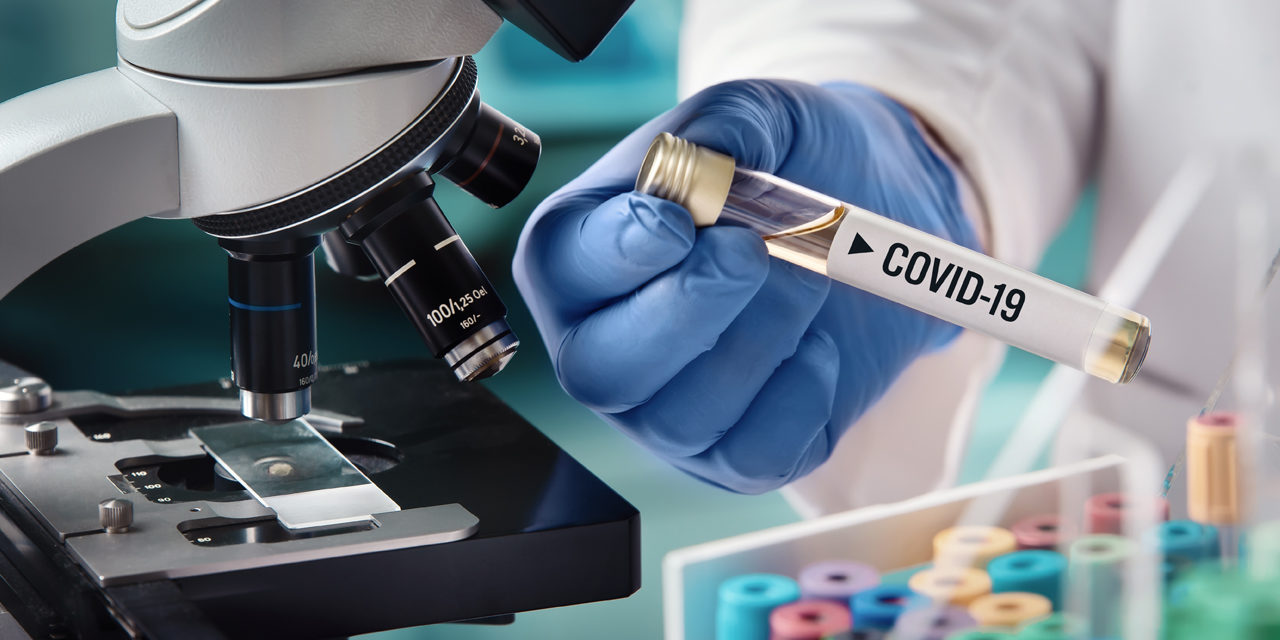Scientists have recently discovered a man who’s been infected for a second time with Covid-19 in Hong Kong, raising questions about the body’s ability to generate sustained immune protection against the virus.
Every day, it seems like scientists discover more and more about the novel coronavirus, which challenges medical professionals to continually adjust to every new piece of information. The latest news out of China is no doubt both enlightening and encouraging, though a bit disappointing.
According to scientists, a man returning to Hong Kong after a trip in Europe, to Spain via the U.K., has been infected with the coronavirus again, which likely means that the length of time patients have immunity from COVID is less than initially expected.
In an email to CNN, one of the researchers who worked on the study, Dr. Kelvin Kai-Wang To, said, “The patient got re-infected 4.5 months after the first infection. Therefore, it shows that for this patient, the immunity induced by the first infection is short lasting.”
However, he had no symptoms during his second infection. The man reported that during his first bout with the disease, he experienced cough, sore throat, fever and headache for three days. But during his second round with the coronavirus, the patient remained asymptomatic.
Interestingly, the man has now had two different strains of the virus, with his original being close to what has infected the United States or England, and the second being more closely associated with Switzerland and England. There are significant enough differences to conclude that he did have a second, new strain of the virus and the positive result was not due to the remnants of the disease in his system.
The researchers have concluded that though having COVID provides some immunity, it is rather short-lasting, which makes it more like a cold and less like the chickenpox, which the vast majority of patients become immune to after having it once.
Dr. Paul Offit, director of the Vaccine Education Center and professor of pediatrics at Children’s Hospital of Philadelphia, considers the man’s lack of symptoms the second time around “great news.”
Some scientists have speculated that even if an individual becomes infected with Covid-19 for a second time, there’s a high probability that the symptoms will be milder if the patient gets the virus again.
After consulting with immunologist Akiko Iwasaki of Yale University, The New York Times reports that, “The second infection was completely asymptomatic — his immune response prevented the disease from getting worse. It’s kind of a textbook example of how immunity should work.”
Scientists have concluded that it’s likely that each exposure to the coronavirus offers more immunity. Though, since it’s still the early stages and this is the only scientifically confirmed second exposure, it’s still possible that the second wave could be worse. Only more cases will give scientists a more definitive answer.
Photo from Shutterstock
Visit our Election 2020 page






